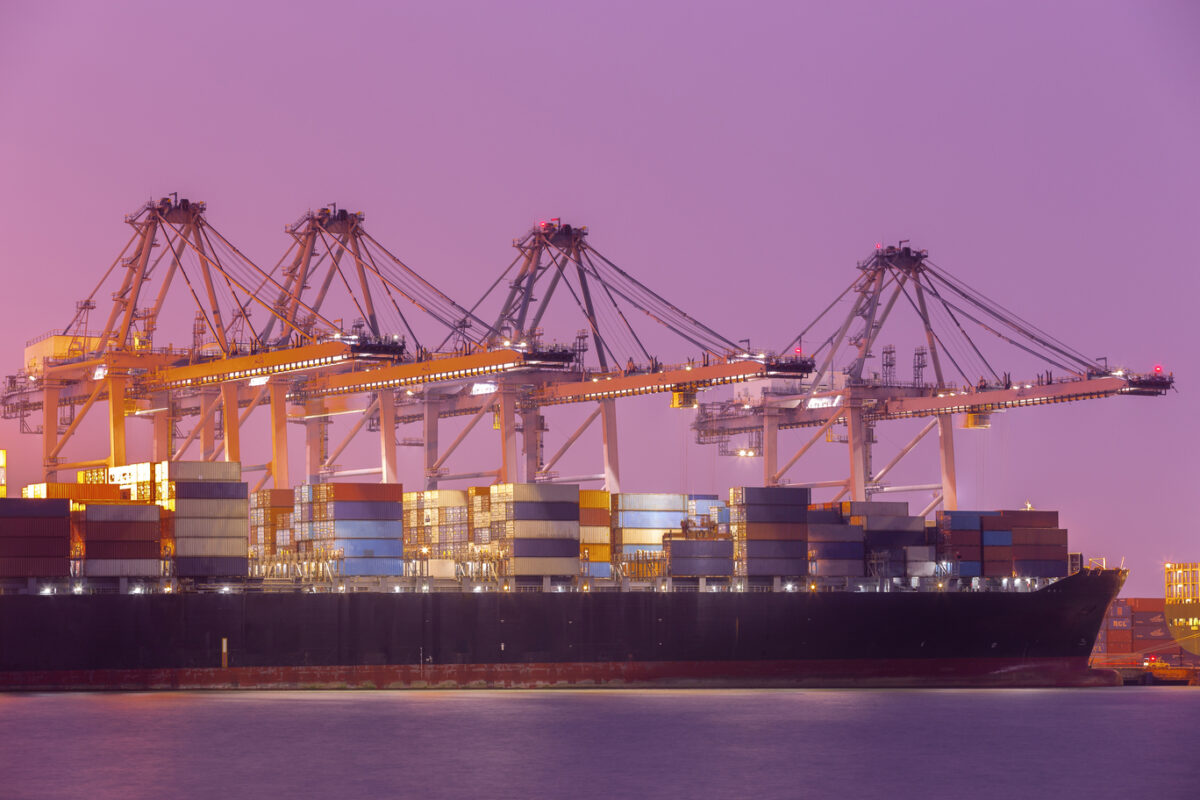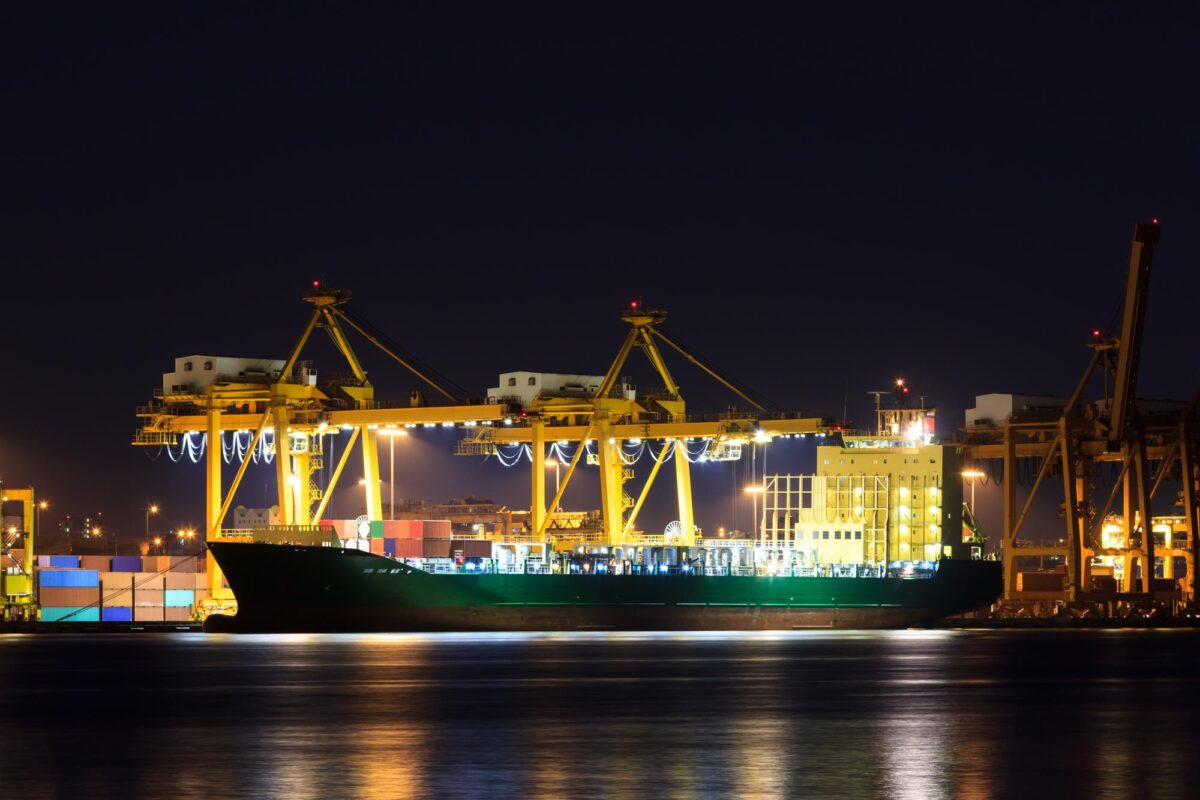Fumigation of export cargo in sea freight is a crucial process in international trade, primarily aimed at preventing the spread of invasive pests and diseases across borders. In the realm of international trade, ensuring the safe and smooth movement of goods across borders is essential for maintaining healthy ecosystems, protecting global agriculture, and complying with international regulations. Fumigation plays a vital role in preventing the spread of invasive species, safeguarding biodiversity, and meeting the stringent standards set by global trade regulations. This process not only helps in protecting cargo integrity but also ensures compliance with customs requirements, ultimately facilitating smoother cross-border trade.
Here’s a breakdown of the key reasons why freight forwarder its fumigation necessary:

1. Protecting Global Ecosystems
Protecting Global Ecosystems, Fumigation is key to preserving biodiversity and maintaining the natural integrity of both exporting and importing regions, As follows:
Preventing Invasive Species
Preventing Invasive Species, Many countries have strict regulations to prevent the introduction of foreign pests that could devastate their native ecosystems, agriculture, and forests.
Fumigation effectively eliminates insects, larvae, and other pests hidden in cargo, particularly in wooden packaging materials.
Maintaining Biodiversity
Maintaining Biodiversity, Invasive species can disrupt local biodiversity and cause significant ecological damage. Fumigation helps to safeguard the natural balance of ecosystems in importing countries.
2. Meeting International Standards and Regulations
Meeting International Standards and Regulations, Fumigation is something that freight forwarder companies are required to comply with in accordance with the regulations follows:
ISPM 15 Compliance
ISPM 15 Compliance, The International Standards for Phytosanitary Measures No. 15 (ISPM 15) is a global standard that regulates the treatment of wood packaging materials in international trade.
Fumigation is a common method used to comply with ISPM 15 requirements, ensuring that wooden pallets, crates, and other packaging materials are pest-free.
Customs Clearance
Customs Clearance, Many countries require fumigation certificates as a condition for customs clearance. Without proper documentation, sea freight shipments may face delays, rejections, or even destruction.
3. Protecting Cargo Integrity
Protecting Cargo Integrity, Fumigation safeguards cargo integrity, preventing financial losses and ensuring that goods meet the expectations of both exporters and importers for the following reasons.
Preventing Damage
Preventing Damage, Pests can cause significant damage to cargo, particularly agricultural products and wood products. Fumigation helps to protect the quality and integrity of goods by the freight forwarder company.
Maintaining Product Quality
Maintaining Product Quality for food products, fumigation helps to prevent contamination and maintain food safety.
In essence
In essence, Fumigation is a vital measure to protect both the environment and the economy by preventing the spread of harmful pests and ensuring compliance with international trade regulations.

Conclusion
Fumigation of exported goods in sea freight is important to prevent the spread of invasive species that may destroy biodiversity, maintain the balance of the ecosystem, and comply with ISPM 15, which requires wood packaging to be free from pests. Fumigation also helps to confirm the documents for customs clearance to avoid delays in exports. It also helps to effectively maintain the quality of goods, especially agricultural products and food products that are at risk of pest contamination.

ผู้ให้บริการขนส่งสินค้าระหว่างประเทศ (Freight Forwarder) ชั้นนำของไทย ด้วยประสบการณ์ยาวนานตั้งแต่ปี 2014 มากกว่า 12 ปีและได้รับการรับรองมาตรฐาน ISO 9001:2015 เราเชี่ยวชาญด้านโลจิสติกส์ครบวงจร มุ่งมั่นให้บริการที่รวดเร็ว ปลอดภัย และตอบโจทย์ทุกความต้องการของธุรกิจคุณ
